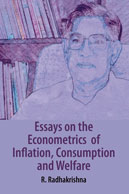Financial Inclusion and Beyond
Issues and Challenges
About the Book
Financial inclusion, of late, has become an integral part of social banking in India, aiming at inclusive growth. In spite of several attempts to reach out the unreached, the majority of the weaker and vulnerable sections of the community have remained outside the formal financial system. It is also imperative to think beyond financial inclusion. Mere opening of no-frills accounts does not mean much to those who have been reached. It is with this concern that this book makes an attempt to understand the various dimensions of financial exclusion in India and suggest remedial action for meaningful financial inclusion. Several suggestions are made regarding the need for mapping the financial needs of each household and extending the financial services to the needy. One of the innovative suggestions made in this book relates to opening a deposit account in the name of the new born child jointly with the parent, to be retained for at least 15 years until the child goes to high school. It is emphasised that achiev- ing financial inclusion is an indispensable process and cannot be a short-term goal. It requires adoption of innovative models for improving the accessibility and delivery process.
About the Author(s) / Editor(s)
<p><strong>N.K. Thingalaya</strong> is the Chairman of the Academic Council of Justice K.S. Hegde Institute of Management (JKSHIM), Nitte, with teaching and research interests in banking and microfinance and rural development. He has a doctoral degree in economics from the University of Bombay. During his banking service spanning over three decades he has been instrumental in undertaking innovative banking practices for channelising banking services to the unreached in rural India. Syndicate Bank, from which he retired as the Chairman and Managing Director, under his leadership has implemented several innovative initiatives of microfinancing and rural development. Dr. Thingalaya has been a member of the Planning Board of the Government of Karnataka and has been member of several committees appointed by the Reserve Bank of India. He was the Chairman of the Working Group in Microfinance constituted for preparation of the Eleventh Five-Year Plan.</p>
<p><strong>M.S. Moodithaya</strong> is the Director and Professor in international business at JKSHIM, Nitte. A postgraduate in cost accounting from the University of Mysore, he received his doctoral degree from the Mangalore University and postgraduate diploma in marketing and sales management from Bharatiya Vidya Bhavan, Bombay. He is an IRCA certified QMS Lead Auditor recognised by the Centre for Quality Excellence (UK). Dr. Moodithaya has more than twenty-five years of teaching, research and industrial experience. He is widely travelled in India and abroad and visited countries like USA, Japan, UK, France, Switzerland, Kenya, UAE, Singapore, Hong Kong, Canada, Germany, Belgium, Oman, the Philippines, South Africa, The Netherlands and China on research and consultancy assignments. The last three months of 2009, Dr. Moodithaya was invited to University Pennsylvania, USA as a Visiting Scholar.</p>
<p><strong>N.S. Shetty</strong> is Professor Emeritus at JKSHIM, Nitte. He is an agricultural economist with a doctoral degree from University of Bombay. After a short stint in the banking sector, he served as a FAO (UN) consultant in East African countries. He also served in the Development Bank of Zambia and worked in the Commonwealth Secretariat (CFTC) as a senior agriculture economist in Uganda. Dr. Shetty has prepared a number of policy documents and study reports for different agencies. He has produced many research publications on various issues relating to agricultural economics particularly with a global perspective. He takes keen interest in the developments in African and European continents.</p>


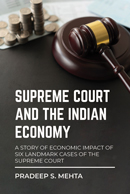




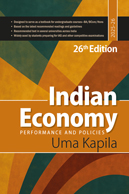
-web-194.jpg)
-front.jpg)
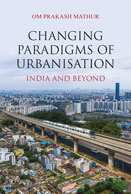








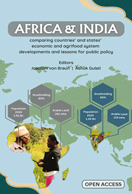
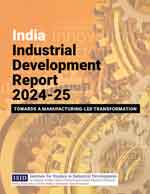
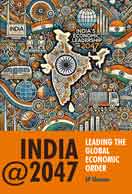
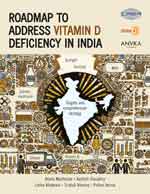

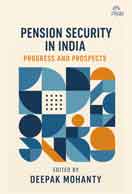
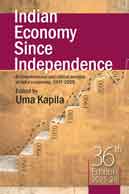
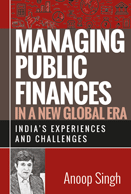
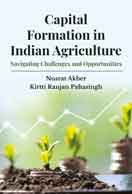









-COVER-web-194.jpg)





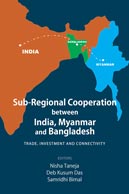
























.jpg)






